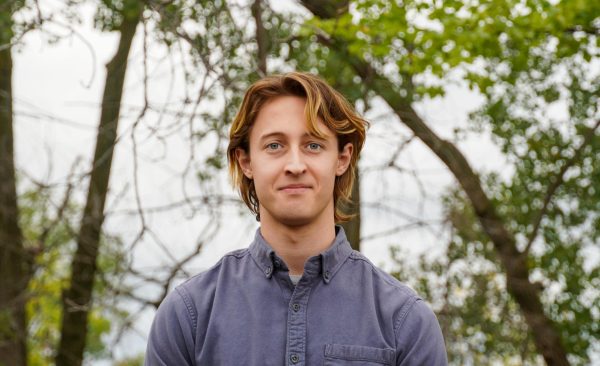Kati Belina was like any other student, until she was called on to save a life.
On March 22, Belina participated in a ride-along with the New Brighton Police Department, which was set up through the Spring Lake Park Opportunities in Emergency Care (OEC) program. As her 6-10 p.m. shift came to a close, Belina and her assigned officer received a call for cardiac arrest from a residential home and arrived at the scene less than two minutes later.
Belina, initially anxious, found herself more relaxed once she arrived on scene. “In the squad on the way there, I think I was a little freaked out, like my heart was racing and I was trying to remember all the steps for CPR management. But when I got on the scene, I was a little surprised at how calm I was… everything just kind of went quiet,” she said.
Belina quickly sprung into action, immediately getting out her pack and helping with CPR. She was then asked to insert an i-gel into the victim’s throat, which is a plastic tube used to secure an airway. She was not expecting to have that responsibility, but she inserted the tube with no issues. To her surprise, even the police officers had never inserted one, she explained.
While Belina was calm, she also explained how things moved really fast. Trying not to be nervous, she found the police and paramedics very helpful. “I was really nervous to do anything wrong and to also ask a stupid question or something and [have them] be like ‘oh, you should know this,’ you know? But they were all super understanding, and they were all like, very open about everything, and anytime I had a question they would just answer,” Belina said.
The officers with the help of Belina continued chest compressions and ventilations until the paramedics arrived. She was then given the opportunity to ride alongside the victim and paramedics to the hospital. Belina ended up staying there until 11:30 that night.
Afterwards, when everything started to sink in, the experience started to freak her out. “I called my mom and I was like screaming in my car. ‘Oh my gosh, you will not believe what just happened,’” she said. “And when I got home, I called my friend, who’s also in OEC, and I was just like yelling at my phone like ‘bro, you’re not going to believe this.’”
While she saw a lot that night, there is one thing that stuck with her: the man’s face. “I’m never gonna forget that guy’s face. I was staring at him the whole way to the hospital, like I was trying to get him to open his eyes, you know, just like wake up, but obviously that didn’t happen,” she said.
She attributes her impressive response to her training and education from her teacher Bill Neiss. “In class, we’ll run scenarios. So basically, like we go off of a skill sheet,” explained Belina. “He thoroughly trains us and he will not allow us to go [on ride-alongs] unless you have, like, a certain grade, all of your skills are passed [and] you have enough hours.”
Reflecting on the experience, there are many takeaways for Belina. “I think it just made me less hesitant if that makes sense. If I see something, I’m going to do something because like, I know that that guy has a good chance to live now because like we were so fast,” she said.
While the man’s condition cannot be disclosed because of the HIPAA privacy rule, the experience has greatly impacted Belina in many ways, including her passion for healthcare. “Personally, I think it just really made me want to help people more,” she said. “It’s definitely made me lean more towards medicine. Like I’ve always kind of thought about the medical field, but it kind of solidified that for me.”


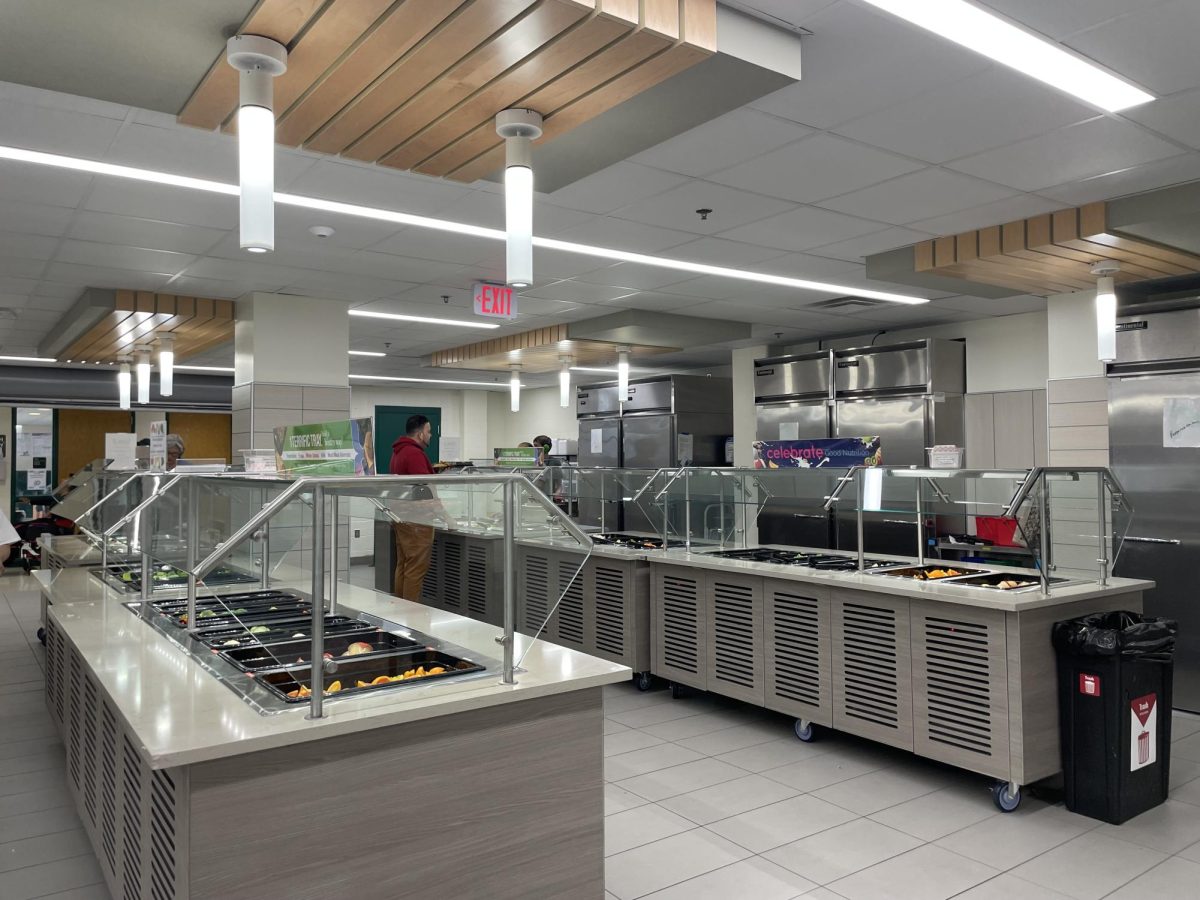
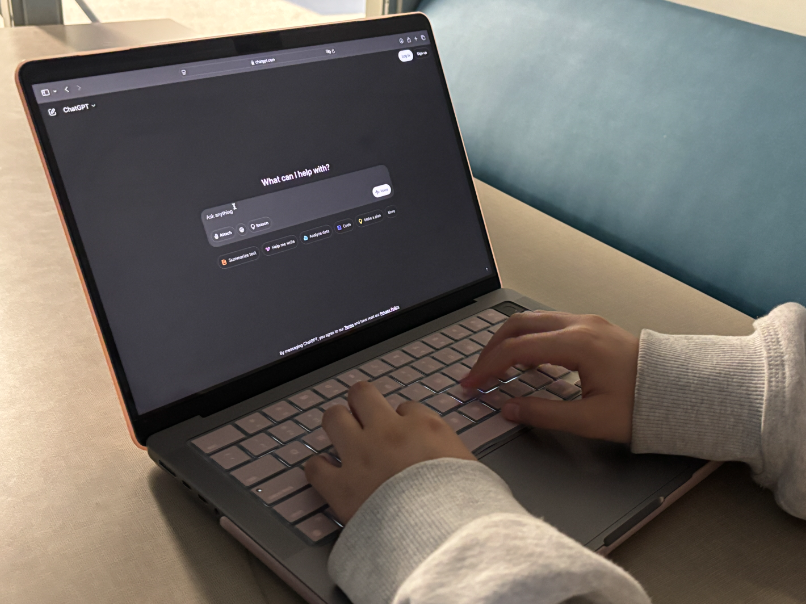

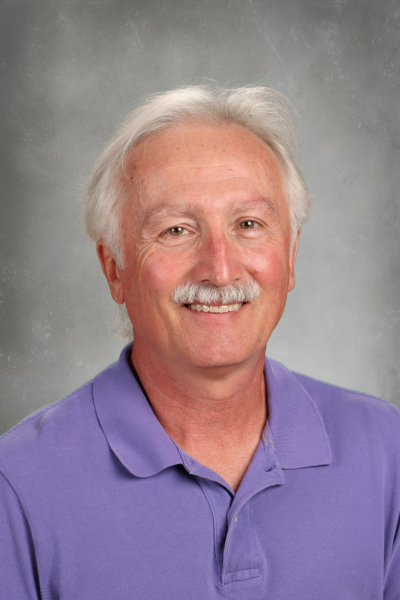






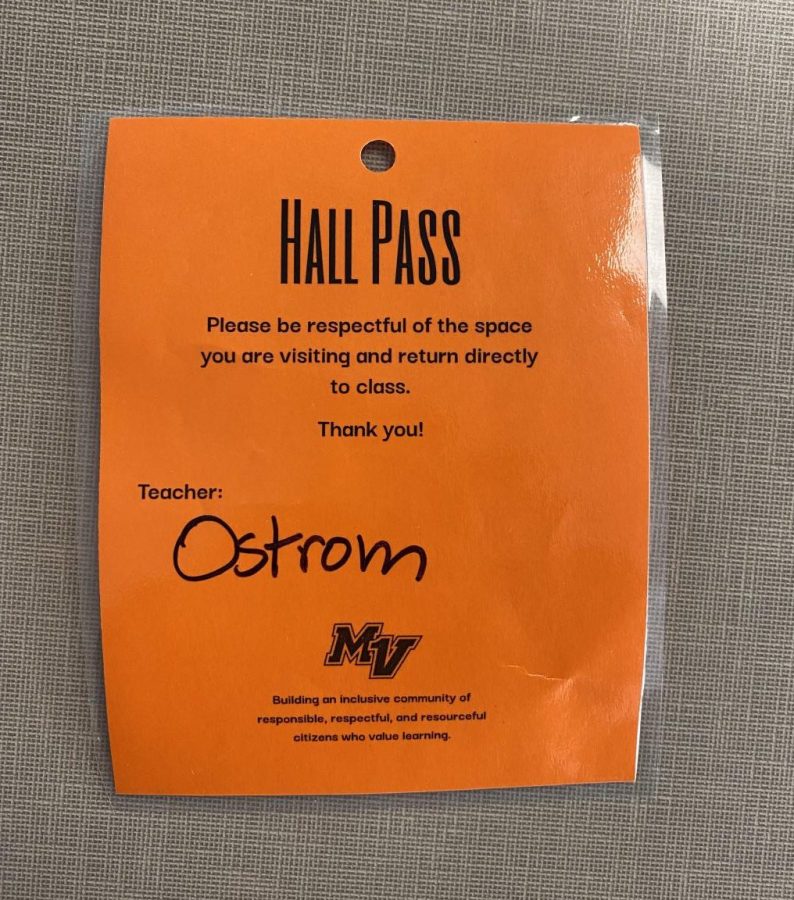


![[DEBATES] Prestigious colleges: value or hype?](https://www.mvviewer.org/wp-content/uploads/2024/12/buildings-1200x654.png)

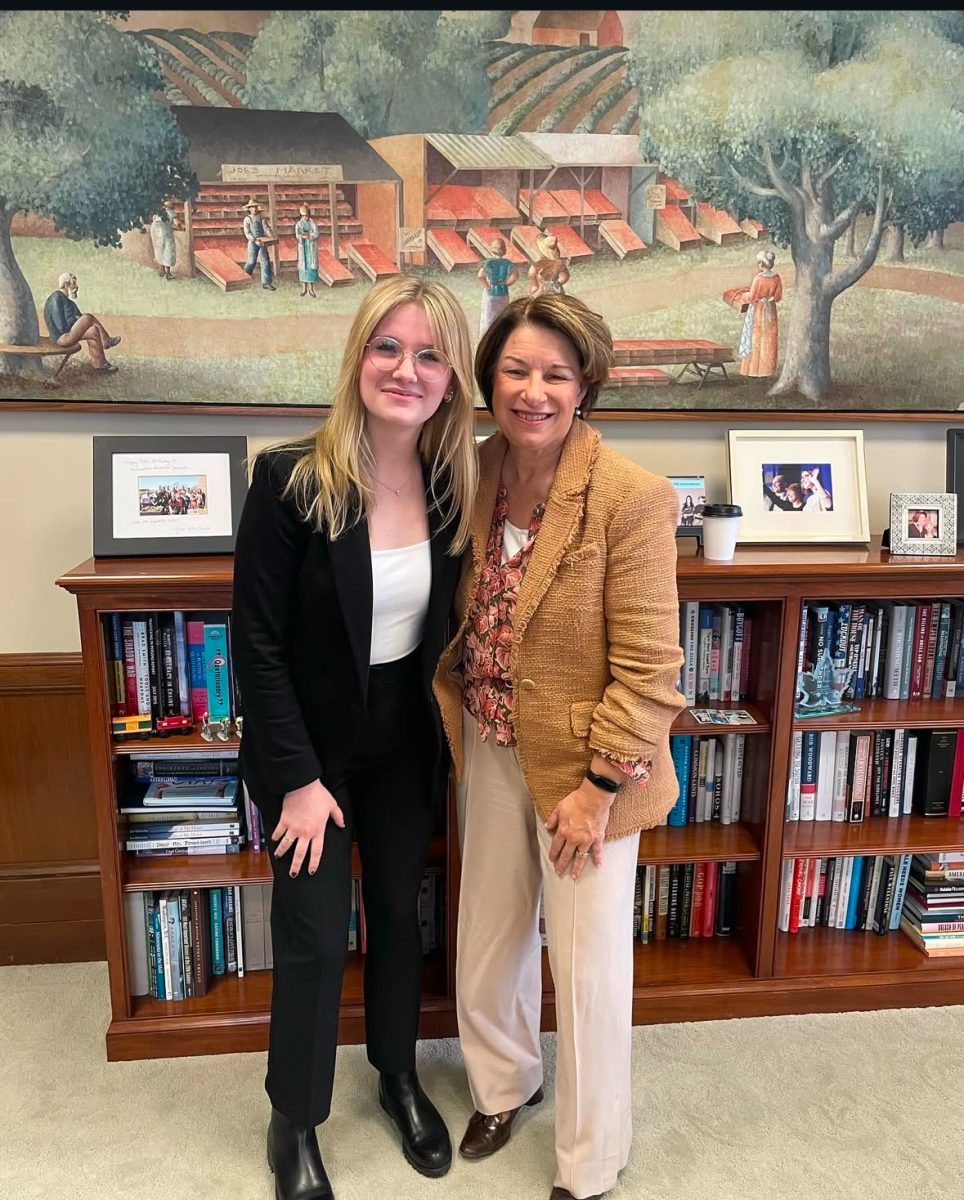
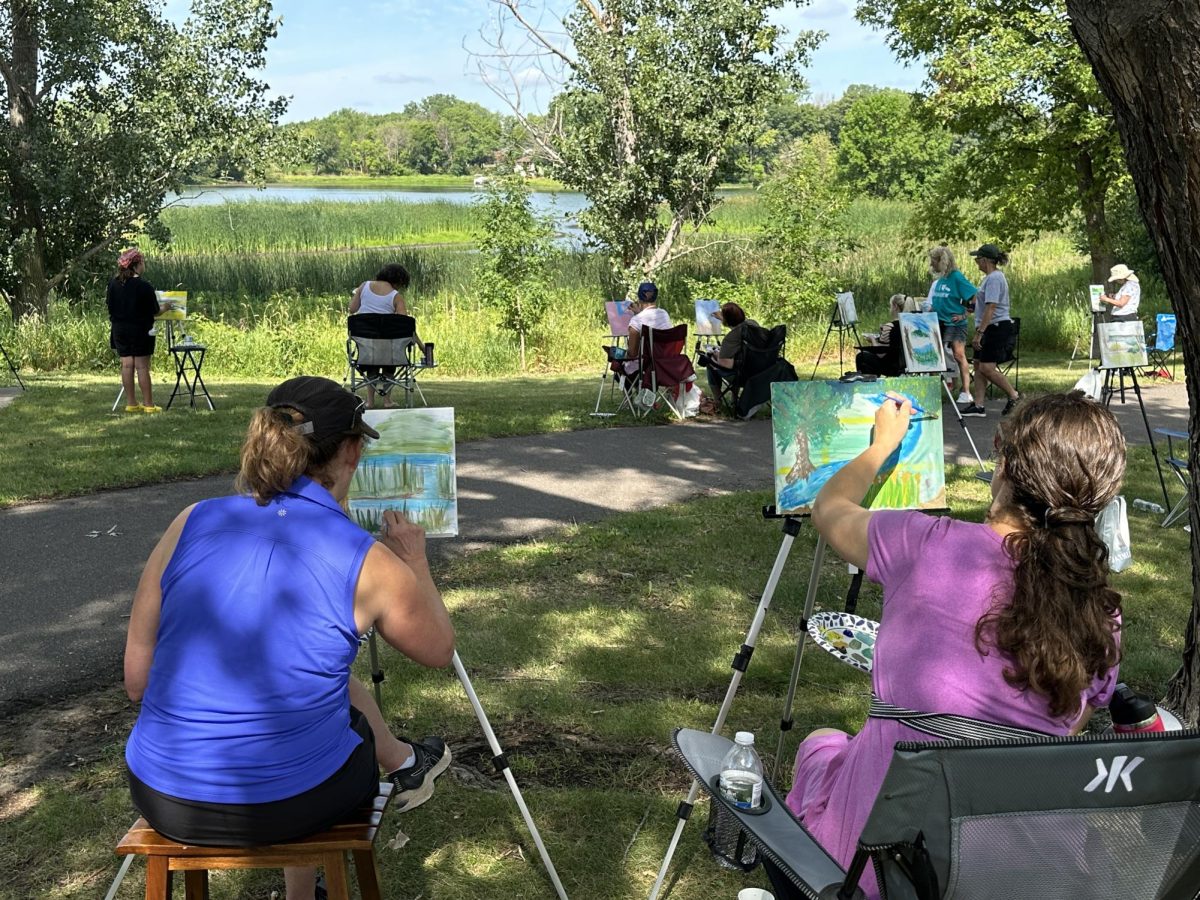
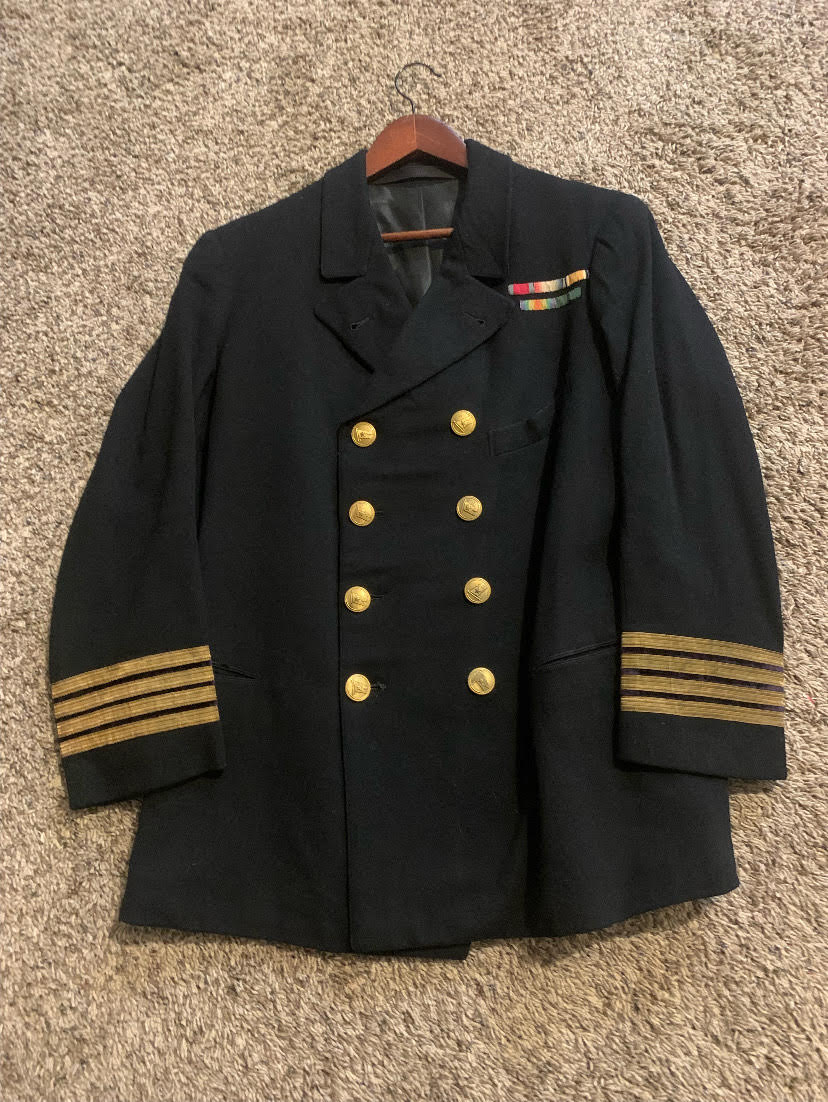
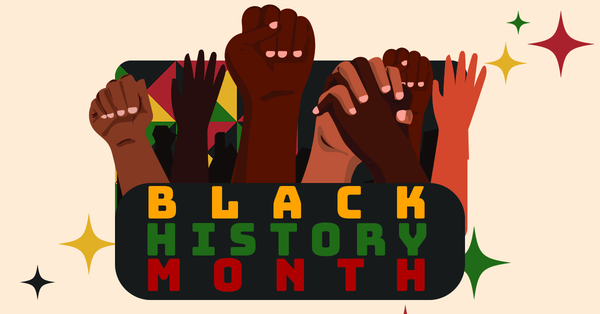
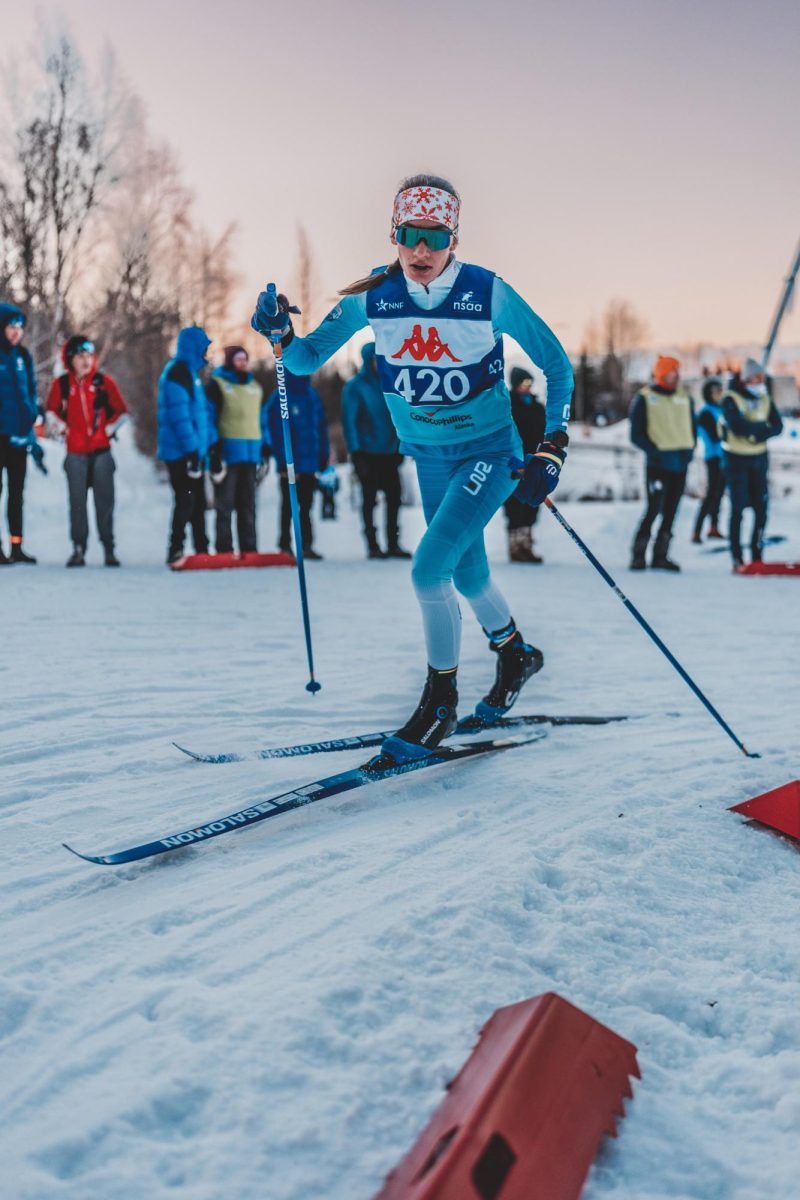


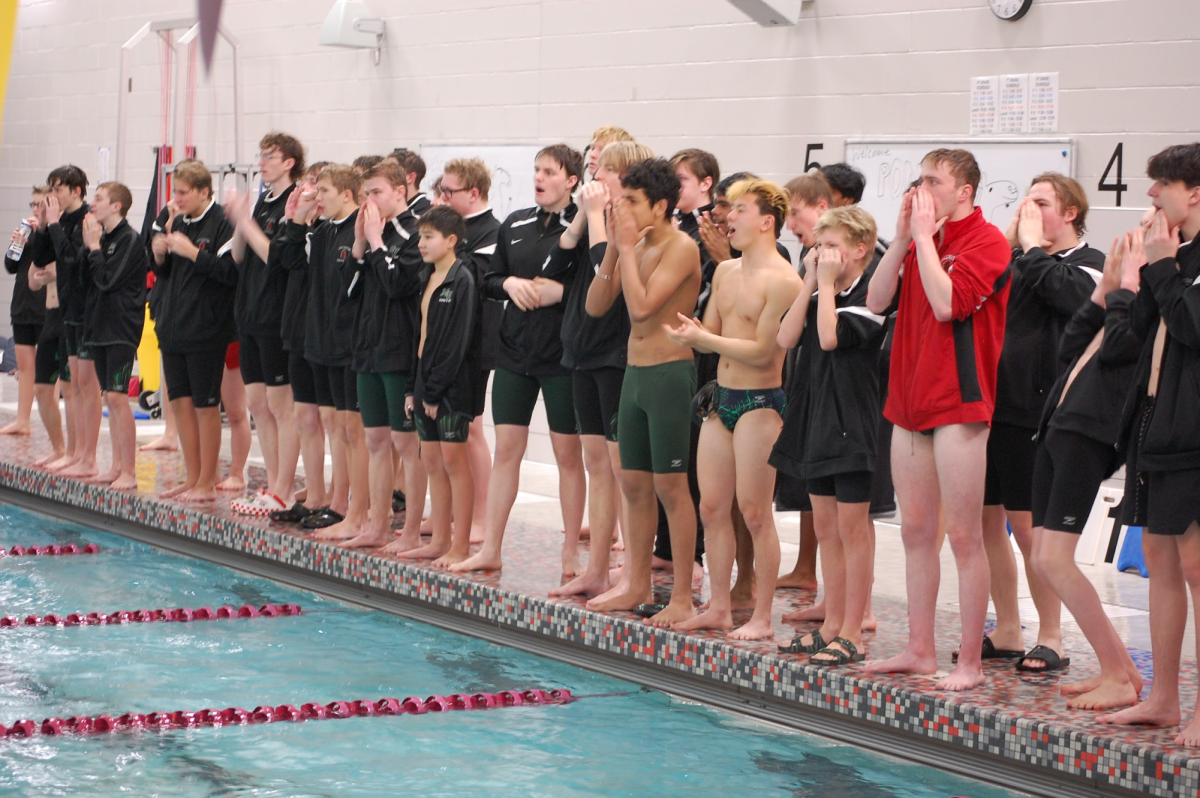
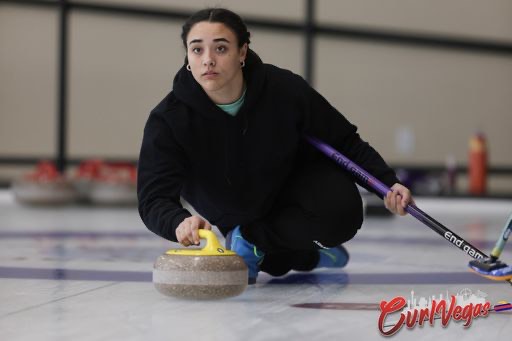











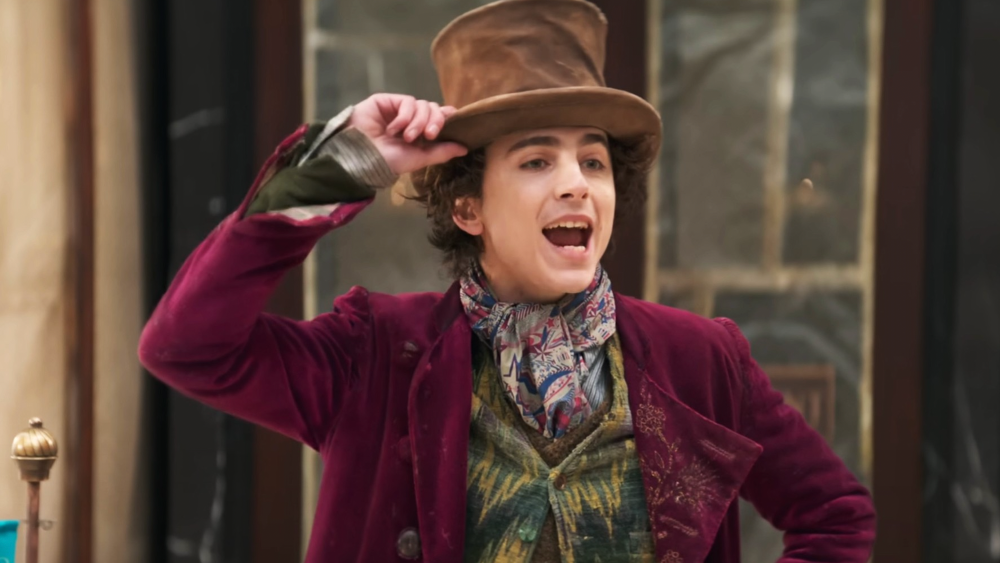










![[OPINION] The dark origins of TikTok's looksmaxxing trend](https://www.mvviewer.org/wp-content/uploads/2024/02/Copy-of-Copy-of-Untitled-Design-1200x675.png)









